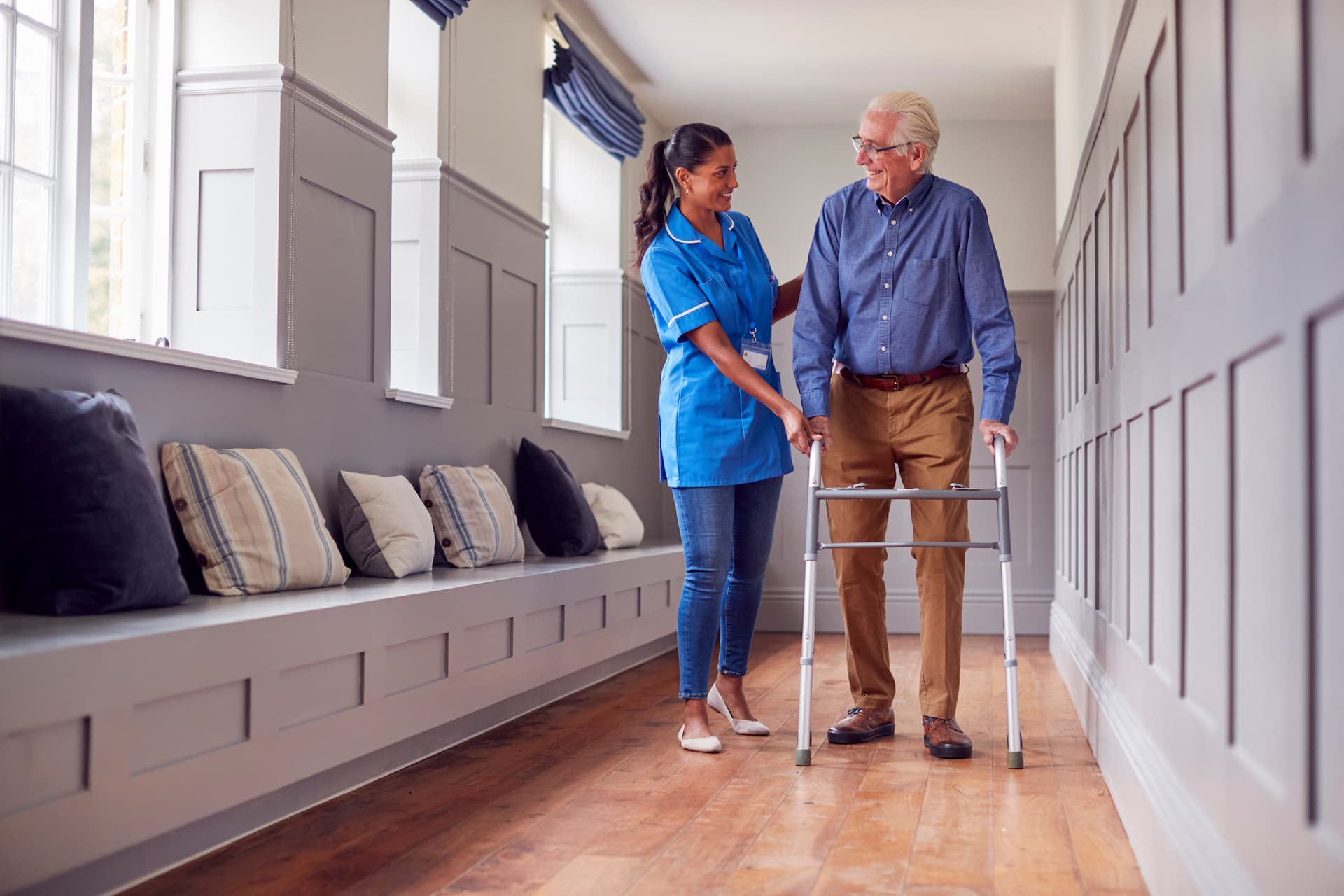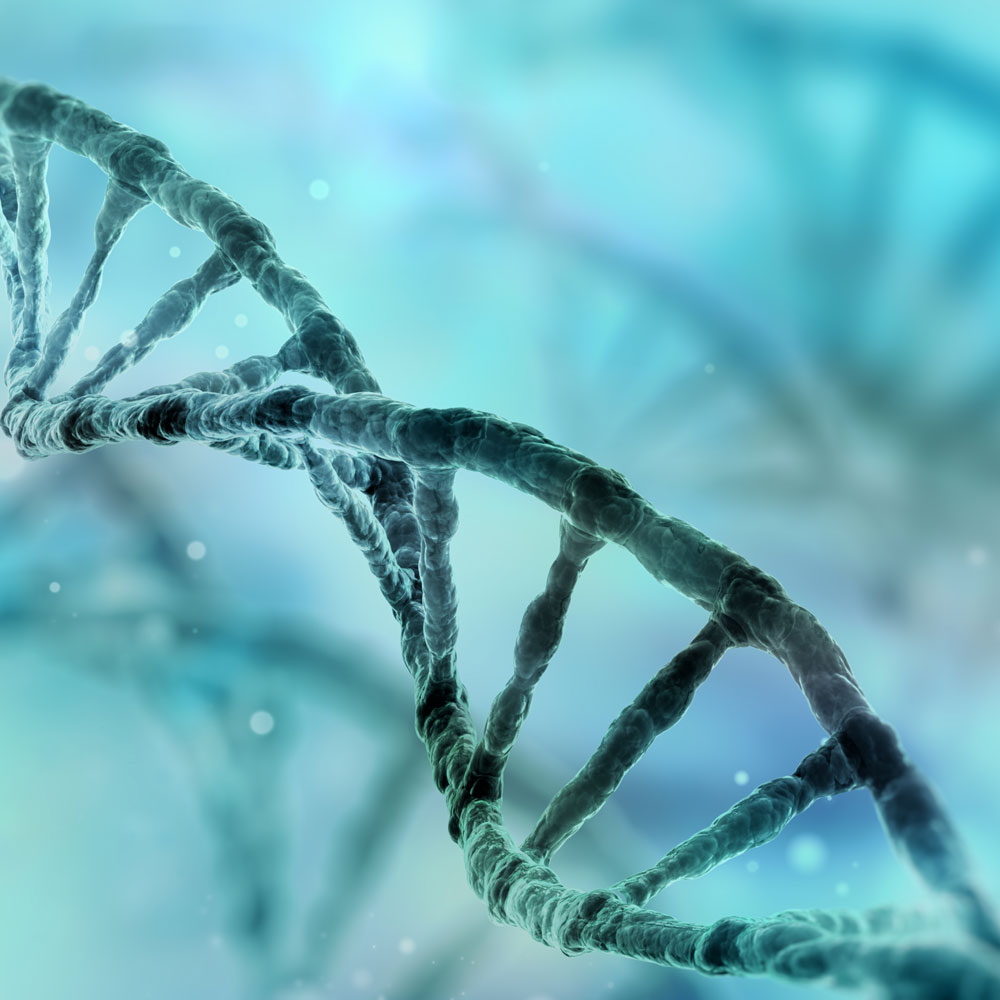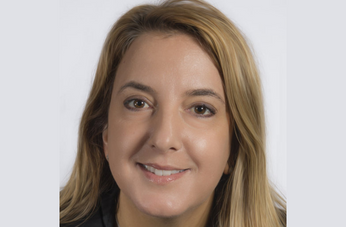Through identifying gaps between guidelines and service provision, the team proposed a care model that promotes early detection, early intervention, prevention, a whole-person approach and engagement of people with long-COVID. The model also calls for workforce training of all healthcare professions working in the community.
View journal article: An Overview of Long COVID Support Services in Australia and International Clinical Guidelines, With a Proposed Care Model in a Global Context.
The team followed the 3-month journey of 15 Australians who suffer from long-COVID and found two important factors that impact on people’s experience with long-COVID – social support and agency.
Those who have a strong network, physically or online, who are willing to provide support and make decisions to manage their own healthcare, have better experiences, either improving or maintaining their quality of life. On the contrary, those have limited ability to make decisions to manage their health condition and has a limited network of people who are willing to provide support did far worse.
The matrix below explains the four possible clusters. It is essential those factors being considered by all healthcare professionals who look after individuals with long-COVID.
View journal article: Journey mapping long COVID: Agency and social support for long-hauling.



